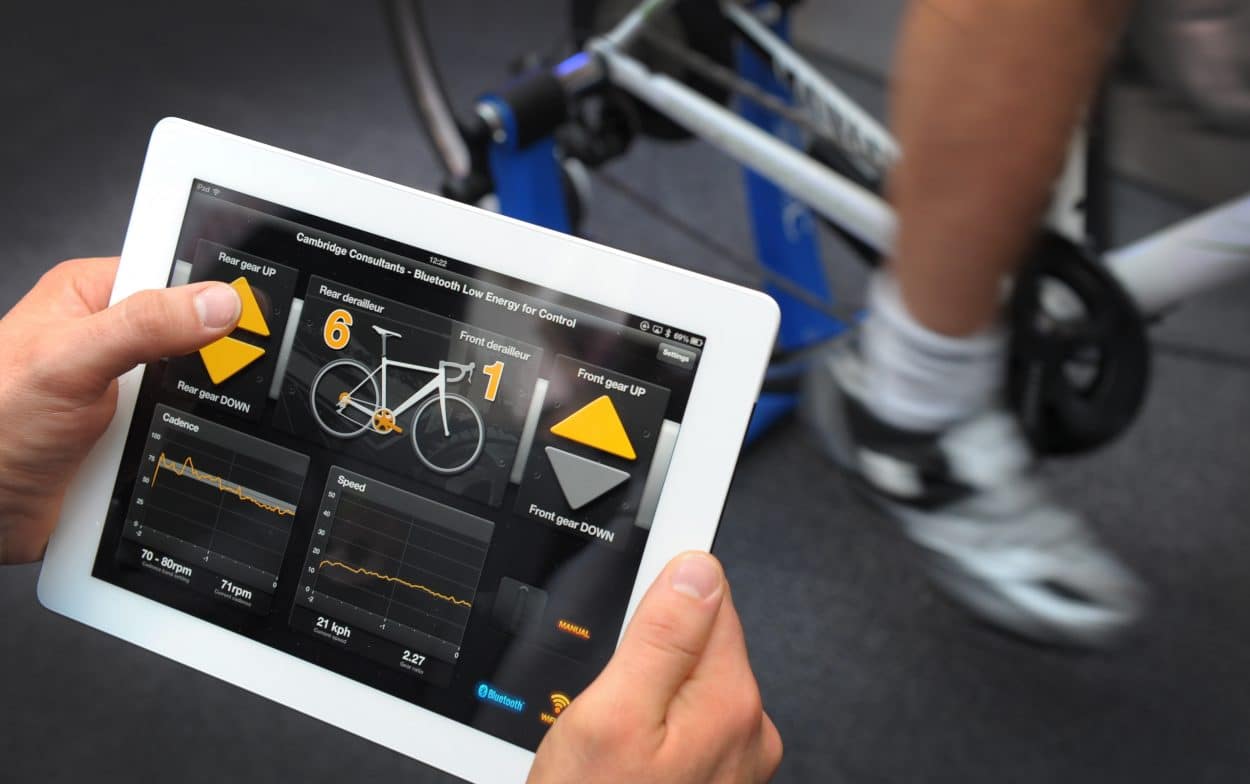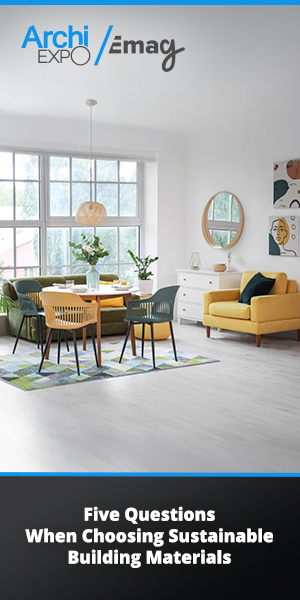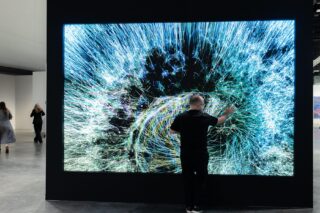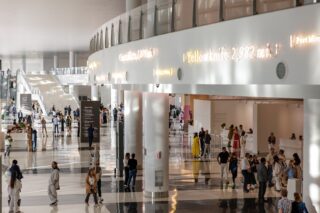It’s 4pm at Manchester’s newest rugby stadium. The pitch is empty, but inside, a group of city planners, architects, local government officials and IT nerds have spent the day imagining a world where street lights turn off when no one is around, public services as branding opportunities, park benches as charging stations and everyday life is easier, safer and smarter — the stress-free utopia we’ve all been waiting for.
The Smart Cities Conference, organised by Salford University’s Continuing Professional Development department, was focussed on what could be possible and how implementation might work in a public environment.
Jean Beka of Smart Nodes in Belgium is developing the concept of a light bubble that follows pedestrians, cars and cyclists on their journey. Tests in situ have reported up to 80% savings in energy and 30% in maintenance costs without sacrificing security.
To the relief of café owners worldwide, the Strawberry Smart bench, piloted last year in London by the marketing firm MKTG to great success, allows users to charge their phones and connect with Wifi. Though conceived as a marketing scheme, the bench created a real social benefit and is now being rolled out in other parts of the city. It’s part of a trend towards companies providing public services in exchange for branding or data collection opportunities.
A sister project is the Buzz Bike. Rather than the clunky, ugly bikes characteristic of other bike hire schemes, Buzz Bike loans top of the line fixies to customers. As long as they ride the bike 12x per month, they can keep them. In exchange, sponsoring companies use ride data to create geo-targeted ads. This seems to take the smart tech for bicycles to a completely different level. From 2012, when Cambridge Consultants launched its wireless bicycle concept, to today’s give-and-take scheme: get a free bike and use an app to generate advertising.

The Internet of Things has become a 21st century version of the Wild West and there are a lot of ideas floating around. If a city is on board, the trick is getting all the systems (and people) to work together.
“Integrated urban governance is too big for a single expert,” said David Ludlow, Professor of Smart Cities at the University of Western England in his lecture. “The system can only work from the bottom up.”
Integrated urban governance is too big for a single expert.
Spacehive is a crowdsourcing platform for community projects that allows local governments to gauge interest before backing something. The reduction in risk allows funders to be nimble and is also an elegant way of circumventing the sometimes crushing bureaucracy required to spend a few thousand euros.
With the blurring of the lines between public and private and the rebalancing of power to smaller, more flexible initiatives, the city planning of the future will be a more complex, but ultimately more innovative space. Who knows, with a little luck, the promise of life made easier just might come true.










